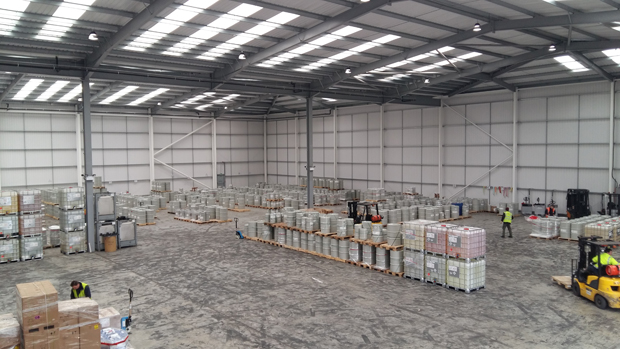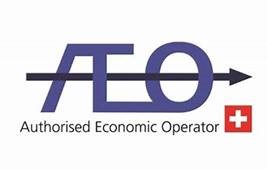
Safram Group inaugurates 2,000 m² of warehouses in the PACA region
February 29, 2016
SAFRAM supports your growth in the United Kingdom
March 21, 2016Belgium is introducing a charge for trucks over 3.5 tonnes from 1st April 2016. All heavy goods vehicles on public roads in Belgium shall have to be fitted with an active “On Board Unit” system, calculating the number of kilometres travelled on toll roads.
On 21st January 2011, the three Regions in Belgium, Flanders, Brussels-Capital and Wallonia, entered into a political agreement aimed at restructuring road tax, planning a coordinated evolution of car taxes and in particular the introduction of a charge per kilometre for heavy goods vehicles. According to this reform which comes into force on 1st April, the amount of the tax is applied according to the vehicles’ Maximum Authorised Mass (MAM) and the type of roads used.
The cost of the charge ranges, in accordance with a scale with 7 levels, from €0.074/km to €0.188/km for an MAM under 12 tonnes, € 0.124/km to € 0.263/km for an MAM between 12 and 32 tonnes, and €0.128/km to €0.292/km for an MAM over 32 tonnes.
The FEB, Federation of Enterprises in Belgium, which is very critical of this tax, argues in particular that a toll per kilometre applying solely to trucks is not an effective tool when it comes to combatting congestion on roads. In addition, the Belgian Federation points out some flaws in the co-ordination between regions, the lack of compatibility with the European vision on transport which leads to the accumulation of taxes, and considers that it ludicrous to have to pay a tax via a commercial intermediary, Satellic, the toll system operator.
Indeed, according to the estimations of the Belgian Institute of Road Transport and Logistics (ITBL), this tax will increase the cost of national transport by 10% on average. Given the tight margins in the field of road transport, Belgian carriers are obliged to pass on this extra cost to the beneficiary of the transport, the freighter. At the same time, the latter will have no choice but to accept this increase as the law prohibits transportation from being undertaken at predatory prices.
SAFRAM’s pricing conditions are unfortunately no exception to this rule. It is already clear that international transport to and from Belgium will also be impacted, with an expected average increase of between + 4% and + 8%. Domestic transport in Belgium will be hit by an increase of between + 8% and + 12%. Traffic passing through Belgium, in particular starting in the Netherlands or Germany heading to France or England, and vice versa, also will be affected by this tax.





